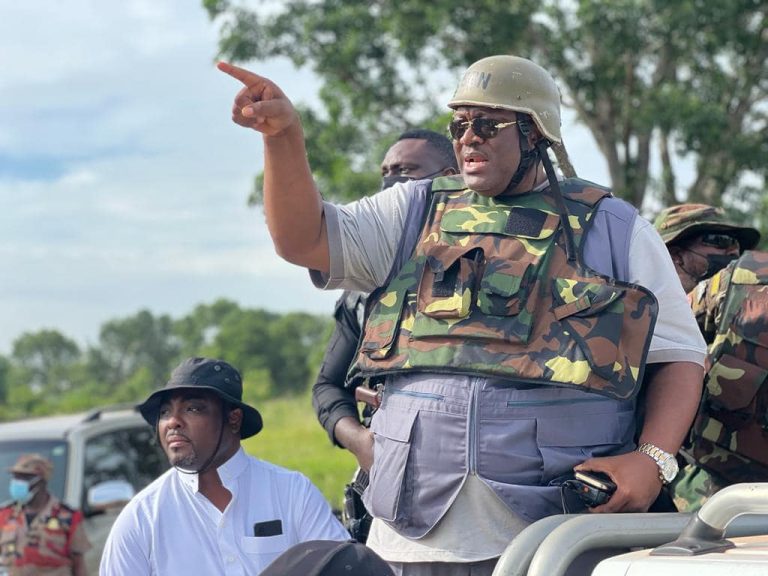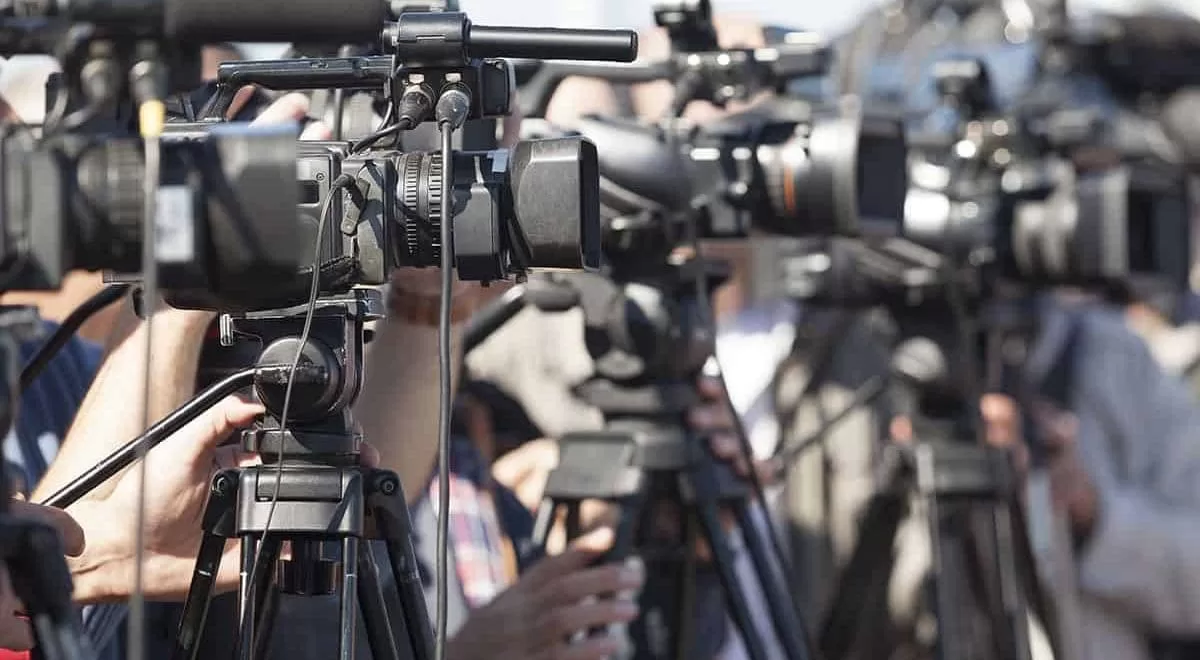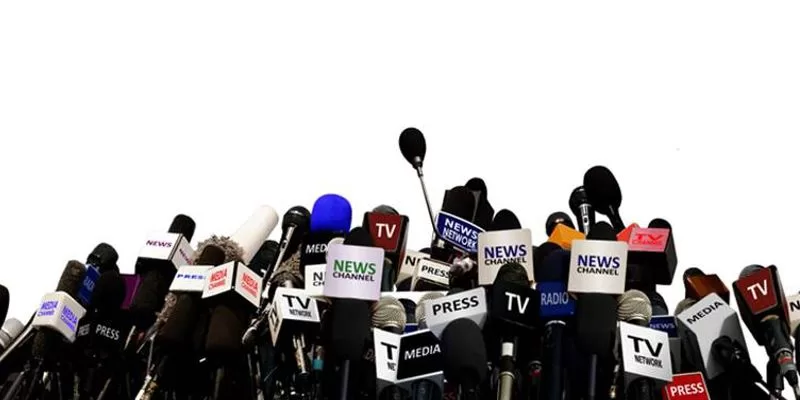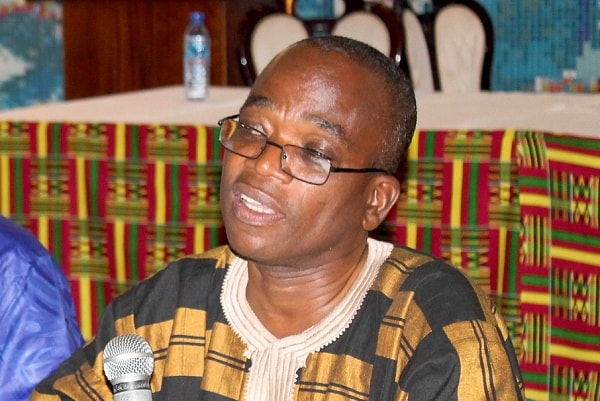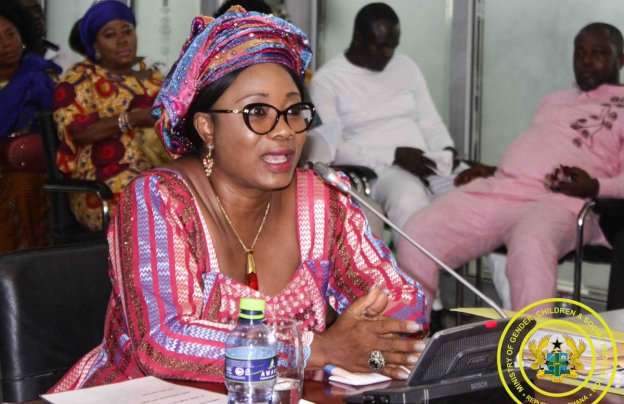A debut study by Penplusbytes on fake news in Ghana has shown that the Ghanaian media landscape does not have systems, budgets or trained personnel dedicated to combat the menace of fake news. The study; Media Perspectives on Fake News in Ghana (www.penplusbytes.org/fakenews) also establishes that in Ghana “bait and click” is the commonest form of fake news; fabricated content and false headlines without connection to content. Globally, fake news or hoaxes, usually in the form of misinformation, spin, outright lies and fabrications has been around for a long time. But in recent times, fake news has seen rapid growth due to social media and other new digital tools which are enablers with attendant adverse impact on citizens’ lack of trust not only in the news media but also, key governance institutions. Naturally, the Ghanaian media landscape is not excluded from this global epidemic. Penplusbytes set out to undertake the “Media Perspectives on Fake News in Ghana” study in order to understand the prevalence of the fake news problem whiles assessing the measures in place to combat this phenomenon. The study was based on the use of a structured questionnaire administered to nearly 200 media organizations in Ghana made up of print, online, media convergence and broadcast media spread through the ten (10) regions of Ghana. In terms of if the media in Ghana is supporting public education on fake news, the survey results showed that 82.5% do not have programmes or columns for educating the public on fake news. In assessing the capacity of newsrooms to deal with fake news, it came out clearly that most newsrooms (81.7%) did not assign staff to deal with fake news. An overwhelming number of newsrooms surveyed (92%) were of the view that, putting in place regulations and laws are the best way of dealing with fake news in Ghana. This recommendation is problematic since literature points to the fact that laws and regulations are not magic bullet to deal with fake news and misinformation. Moreso such laws dealing with fake news could become tools to harass journalists and impinge on freedom of speech. According to the Executive Director of Penplusbytes and lead researcher, Kwami Ahiabenu II, “the issue of fake news and misinformation is here to stay; with the likelihood of it becoming a crisis in due course. However, there is a dearth of knowledge about its manifestation in Ghana and options available to deal with it. In light of this situation, we are excited that we are able to contribute to the body of knowledge on this subject while offering practical recommendations to deal with this problem.” The “Media Perspectives On Fake News In Ghana” study strongly recommended a conscious and concerted effort by all stakeholders especially Government, regulatory bodies such as the National Media Commission, National Communications Authority, Academia, private sector and the Media houses to consolidate their efforts to address the issue of fake news now and not wait till it gets completely out of hand. This serves as a better approach of being proactive rather than being restrictive with inefficient solutions when this crisis becomes unmanageable. Source: Penplusbytes | Ghana]]>
Recent Posts
- Cynthia Morrison faces jail term over contempt charges
- Survey: NPP’s Chris Arthur projected to win Agona West by landslide
- President Jerry John Rawlings – Four Years On
- Friday, November 8 not a public holiday – Interior Ministry
- Tragic: Speeding NDC vehicle kills the only child of a mother at North Dayi
- Pay NABCO trainees if you care about Ghanaian youth – Mahama tells Bawumia
- Suspend planned strike – FWSC pleads with CLOGSAG
- Some lawyers sacrifice ethics for ‘cheap’ political gains – Attorney-General
Popular Stories
-
Cynthia Morrison faces jail term over contempt charges
-
Survey: NPP’s Chris Arthur projected to win Agona West by landslide
-
Friday, November 8 not a public holiday – Interior Ministry
-
University staff declares nationwide strike
-
Agona West MP deserts NPP, promises ‘doku’ to women as she goes independent

ABOUT US
Newstitbits.com is a 21st Century journalism providing the needed independent, credible, fair and reliable alternative in comprehensive news delivering that promotes knowledge, political stability and economic prosperity.
Contact us: [email protected]
@2023 – Newstitbits.com. All Rights Reserved.


